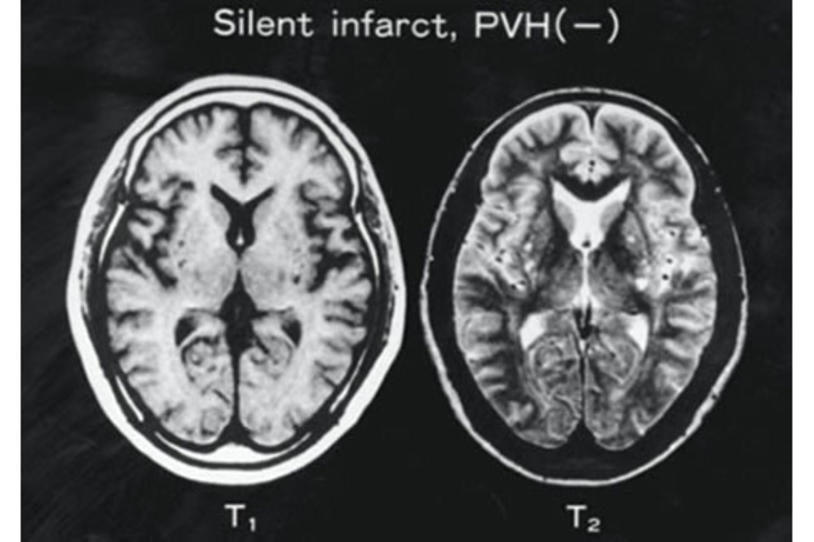
A certain kind of Parkinson’s disease (PD), called vascular parkinsonism, is thought to be caused by small strokes in the part of the brain associated with the motor symptoms of PD (the basal ganglia). This type of PD is often unresponsive to dopamine replacement therapy, so scientists and physicians alike continue to search to find better ways of treating this condition.
This week, a new study suggests that other tiny, and often asymptomatic, strokes in the brain unrelated to the basal ganglia may also lead to PD, and on a broader scale. According to WebProNews, pre-clinical work from a team of researchers at the UK’s University of Manchester shows that these so-called “silent strokes” may affect parts of the brain different from where the actual strokes take place. In particular, silent strokes in various areas of the brain may lead to inflammation that causes dopamine neurons in the basal ganglia to die, leading to parkinsonism.
Scientists still don’t know precisely why dopamine neurons die in PD, so homing in on the root of the problem remains a critical step in developing drugs that could one day slow or stop the disease. And according to Associate Director of Research Programs Maurizio Facheris, MD, MSc, the important takeaway from this research is that it lends more support to theories surrounding such a potential culprit: this inflammation in the brain.
Several researchers funded by MJFF are currently focusing on this idea. One such study, from Caroline Tanner, MD, PhD, of the Parkinson’s Institute, is studying a large cohort of twins between the ages of 75-85 to determine if outside factors that increase inflammation in the brain (such as head trauma or exposure to certain chemicals) might also increase a person’s risk for PD.
And last summer, Northwestern University’s Martin Watterson, PhD, reported positive results into a new drug in development that works on the premise that decreasing inflammation in the brain might help to slow the development of Alzheimer's, multiple sclerosis, and PD.
Image via Cornell.